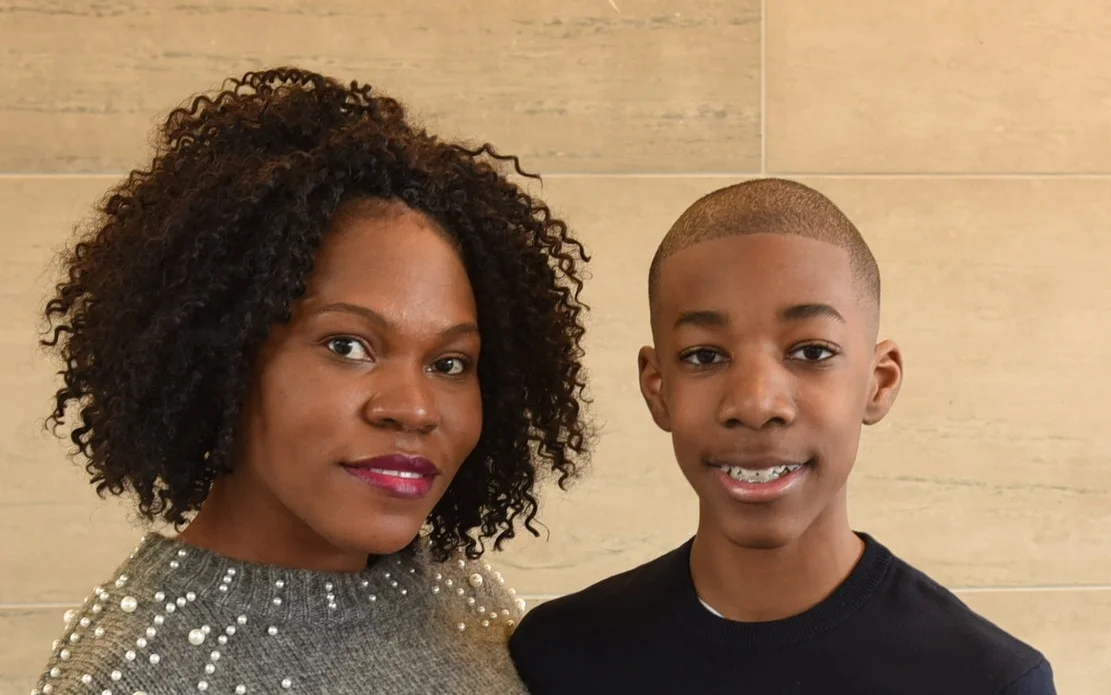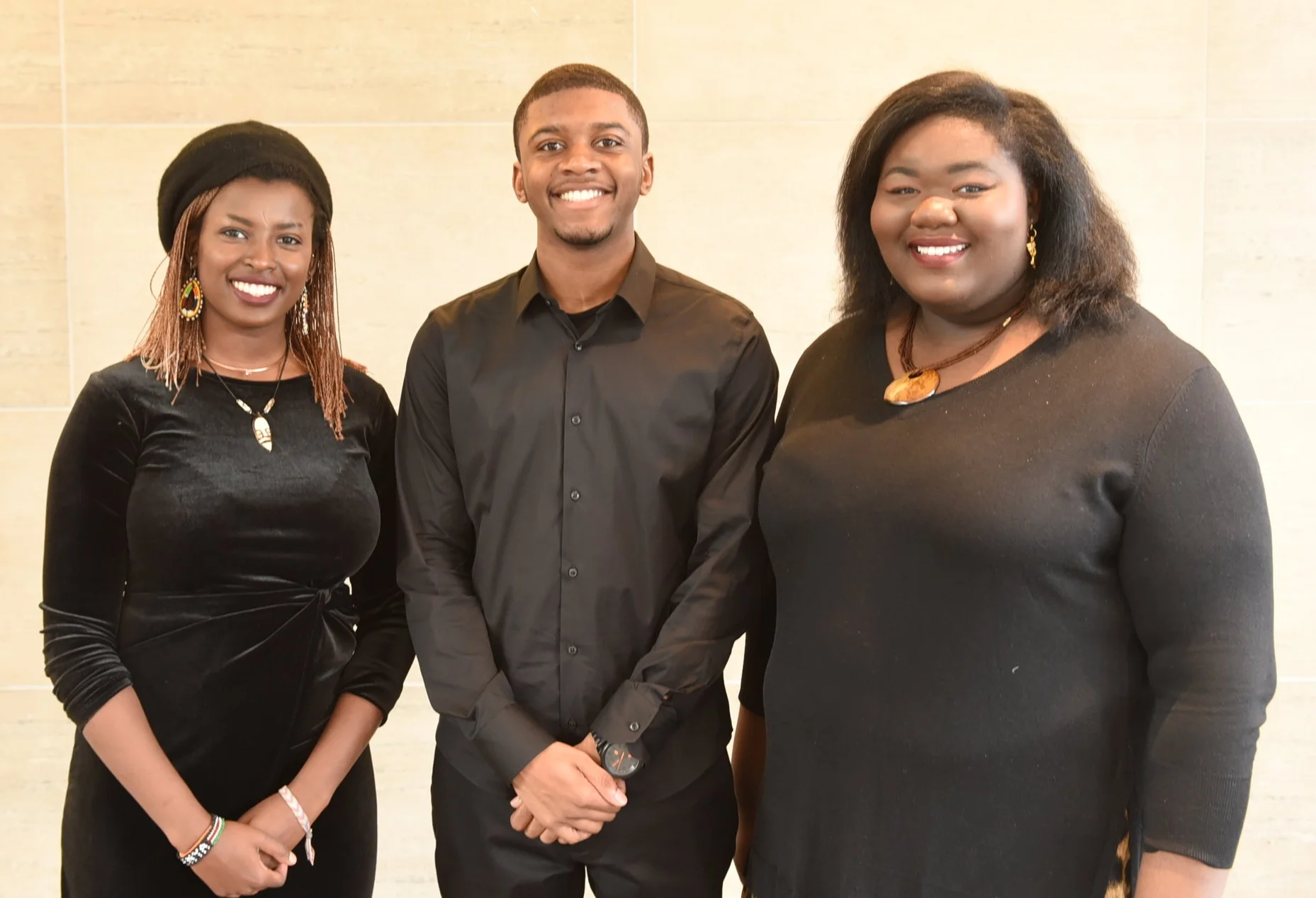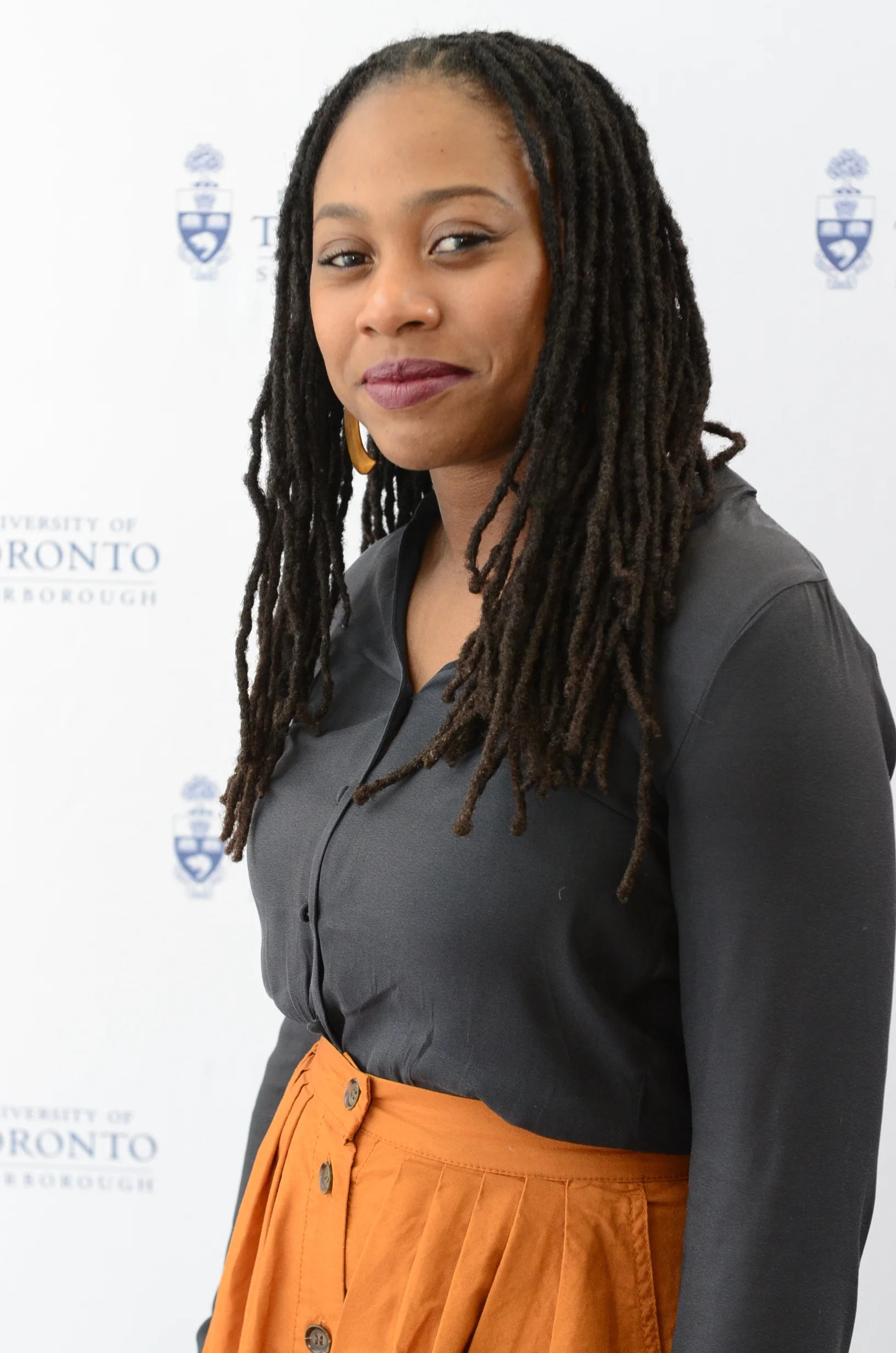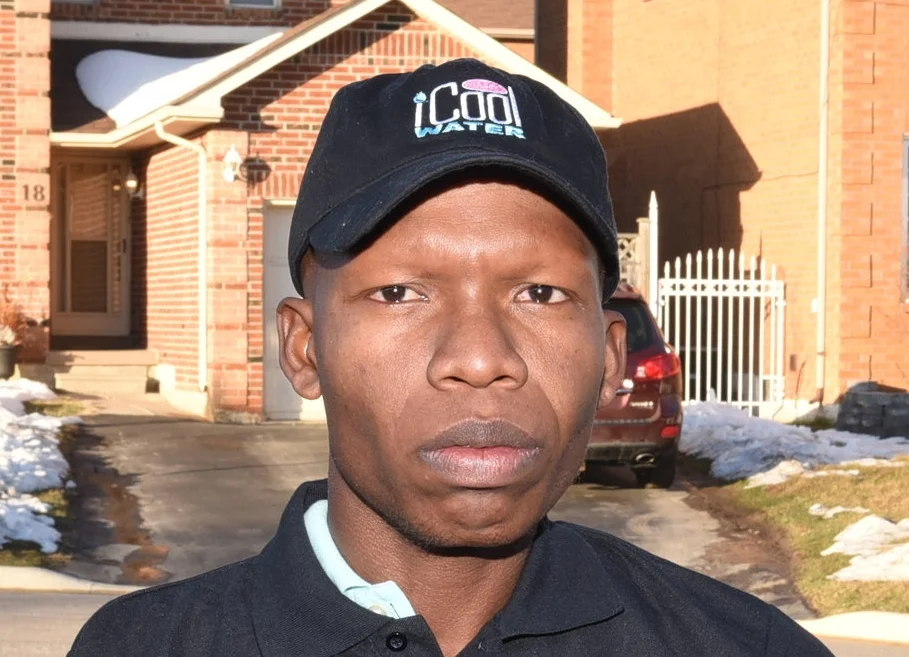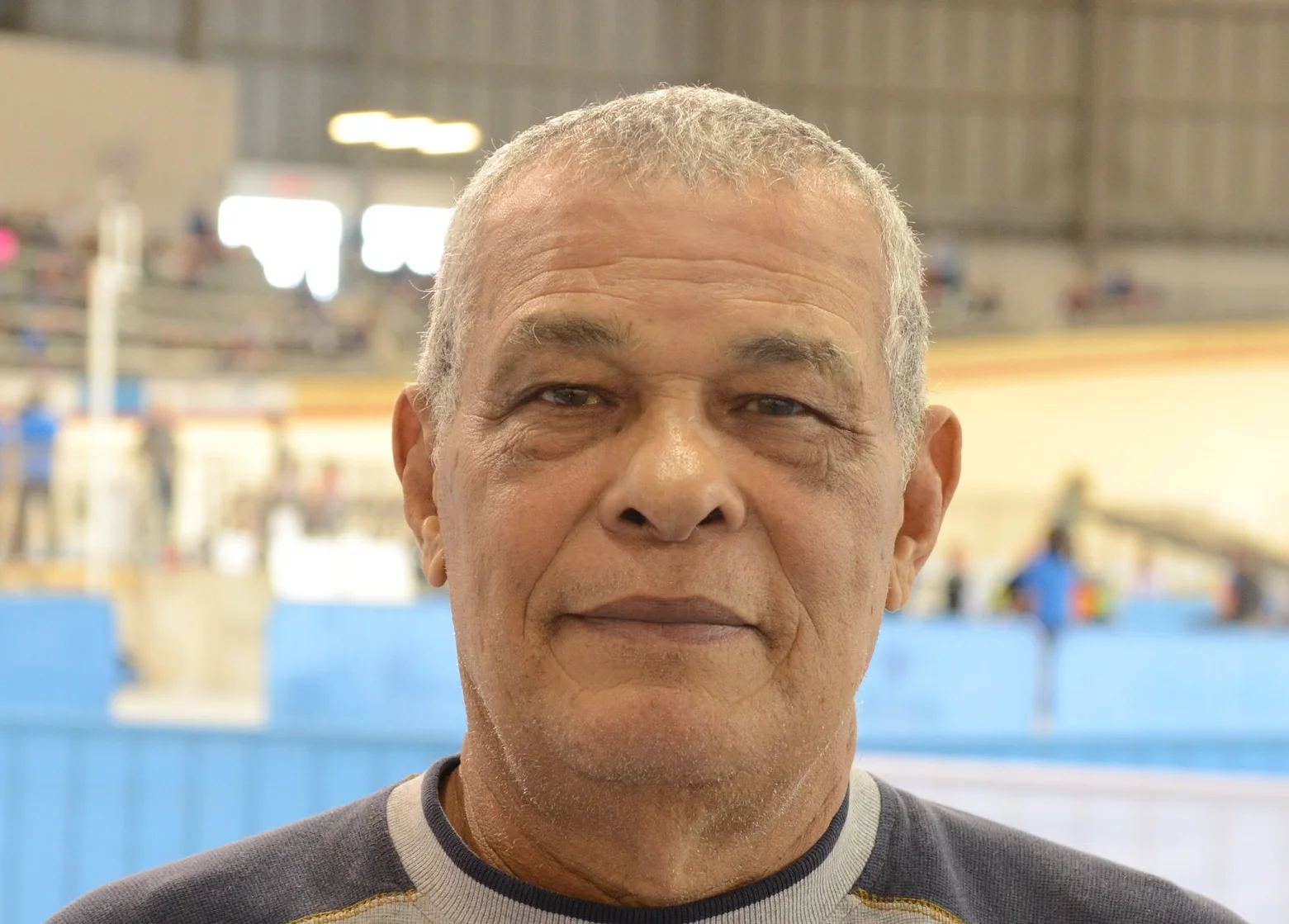U of T students mentor Scarborough middle and high schoolers
April 19, 2018
Though unsure of what he wants to study after graduating from high school, 13-year-old Jayden Braddock is certain about one thing.
He will pursue post-secondary studies and it most likely will be the University of Toronto (U of T) Scarborough campus that is in close proximity to Alexander Stirling Public School that he attends.
Braddock was among 60 middle and high school participants that graduated last week from the the Imani Mentorship Program (IMP) that pairs middle and high school students in the Galloway, Malvern and other Scarborough communities with U of T mentors.
The Grade Seven student benefitted immensely from the program launched 12 years ago.
“It was very helpful,” he pointed out. “I learnt how to do my homework independently and also work in a group setting with my peers. When I go to high school, I will work hard so that I can be prepared for university.”
Braddock’s mother, Nickeisha Murray, said the program's impact on her son is obvious.
“Jayden is more confident and organized as far as getting his homework and assignments done on time,” she noted. “I didn’t have to push him to get those things done.”
The IMP offers customized academic and social support to youths in East Scarborough middle and high schools. The program aims to provide culturally relevant programming that supports the academic needs of a population that is under-represented in post-secondary education institutions.
It’s administered to students from Alexander Stirling, Military Trail and St. Margaret’s public schools and St. John Paul II Catholic Secondary School and West Hill and Cedarbrae Collegiate Institutes.
Liza Arnason, the assistant dean for student life, community outreach and international experience, said the curriculum revolves around homework, mentoring and programming that have student leaders guide a larger group of about 20 through Afro-centric curriculum.
The mentors spend at least three hours a week with the mentees from early October to the end of March.
“It’s the first time that I have been involved in a program like this focusing on Black youth,” said first-year statistics & computer science student Isaiah Murray who moved from England last May. “The students are very high-energy, eager to learn and very inquisitive. Some inquired about the programs offered here at U of T.”
Murray chose to attend U of T because of its world-class status.
Mentor Isaiah Murray flanked by site facilitators Tele Kapkirkwok and Katherine Boyd (Photo by Ron Fanfair)
There are site-facilitators assigned to each school that are liaisons between the schools and the university.
“I tell the young people if I can do it, so can they,” said West Hill site facilitator Katherine Boyd who is a fourth-year political science & sociology student. “I just try to be a positive influence in guiding them along the path to university.”
Tele Kapkirkwok is a site facilitator at Cedarbrae.
“I have seen the growth and development of these young people in the last few months,” said the final-year neuroscience & biology student who intends to pursue research in neurodegenerative diseases. “They are excited to be part of the program and a few of them are already talking about going to university. That’s a good thing.”
With the program future in doubt in 2010 because of dwindling funds, former provincial Minister Mary Anne Chambers successfully lobbied the university to continue the initiative that is now administered through the U of T Department of Student Life.
Mary Anne Chambers (Photo by Ron Fanfair)
As a parting gift to the community when she quit politics 11 years ago, Chambers made a substantial financial commitment to help sustain the program.
“I hope you feel special and I hope you know how fortunate you are to have had this opportunity,” she told the graduates. “Don’t ever take anything for granted in life. Be hungry for success, but always remember that you get to define what’s important in life, who you want to be and what it means to be a better person.
“Have confidence in your abilities, but appreciate the help that you receive along the way and do your part to help others succeed. Real success requires hard work and commitment, wisdom and good judgment, setting high standards for yourselves and making the right choices. As I look at you, I see a village filled with possibilities for people who belong wherever you believe you belong. So, dream big and continue to make good things happen.”
Chambers, who graduated with a Bachelor of Arts degree from the U of T and later served on the board of governors and as vice-chair of the governing council, is a strong believer in the power of mentorship.
She complimented the U of T students for generously sharing their time and passion with the young people.
“In the true spirit of Imani, the faith you have shown in the abilities and potential of your mentees says it all,” Chambers added. “This program wouldn’t be possible without you. May you always feel blessed by the experience of having lifted another person closer to the achievement of their dreams, even while you pursue your own studies.”
Not to be left out, Chambers praised the mentees’ families for believing in the program and ensuring their children get the best out of it.
“It is my hope that you are feeling a sense of hope and a sense of the possibilities that lie ahead for these students,” she pointed out. “I hope you are happy with the knowledge that there is indeed a village that exists to support you and your loved ones, that you are not alone and that there are wonderful role models that have been helping these young people to understand how they can achieve success in defining and being the kind of people they want to be.”
U of T graduate and doctoral candidate Rashelle Litchmore who, in Grade 12, was shocked when her guidance counsellor at West Hill Collegiate Institute hastily concluded she would be unable to enter university because her first semester biology mark was in the mid-70s, established the program in 2006.
Despite being fairly new to Canada having arrived from Jamaica a few months earlier in July 2001, Litchmore’s mark improved significantly to ‘A’ by the end of the school year.
The former Campion College student’s resolve was tested again that year.
Not satisfied with her mid-term English grade mark, Litchmore’s vocal disapproval was met with a blank stare by her teacher.
“The manner in which she looked at me suggested I should have been proud with my grade,” the Ontario government anti-racism directorate policy advisor recalled.
Rashelle Litchmore (Photo by Ron Fanfair)
Though a high percentage of Blacks and other minorities were enrolled in the East Scarborough school, they were absent in her university-track courses.
These negative experiences prompted Litchmore, in her second year at the U of T Scarborough campus, to start the IMP.
Previously, the university’s Black Students’ Alliance (BSA) helped a handful of students in the community with their homework.
Litchmore is currently completing her PhD in applied social psychology at the University of Guelph. Her research is on the experiences of Black high school students in Toronto under Ontario’s current inclusive education policies.

